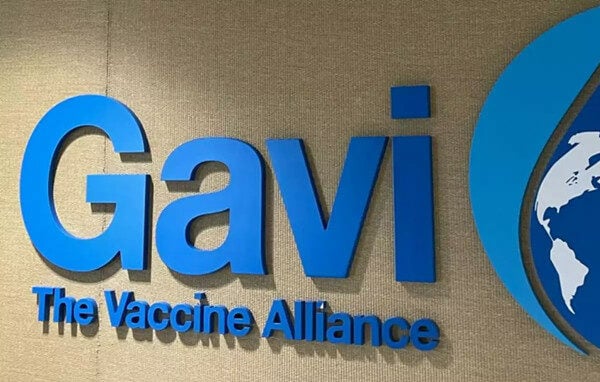As part of measures to strengthen routine immunisation and reduce the burden of zero-dose children in Nigeria, GAVI, the Vaccine Alliance has pledged deeper collaboration with the Kaduna State Government and national stakeholders.
This was revealed during a high-level visit led by Jessica Crawford, the senior country manager of the Gavi Secretariat for Nigeria to the Kaduna State Deputy Governor, Dr Hadiza Balarabe.
Crawford reaffirmed GAVI’s mission to save lives and improve health by increasing access to life-saving vaccines, noting that Kaduna remains a priority in Nigeria’s immunisation landscape.
“In the last two years alone, we have invested millions of dollars in Kaduna State,” Crawford disclosed.
“We are now looking forward to even more strategic engagement with the state government, the National Primary Healthcare Development Agency (NPHCDA), the Federal Ministry of Health, and our alliance partners and the focus is to ensure that our investments align with the state’s needs, especially in tackling zero-dose challenges in 10 high-burden LGAs.”
According to her, zero-dose children are those children who have never received a single dose of any routine vaccine, which she said remain a pressing issue in Nigeria.
The Country Manager emphasised GAVI’s commitment to reducing the burden, highlighting the role of community-led programming and robust state partnerships in sustaining results.
“We are committed to supporting routine immunization performance and strengthening the broader primary healthcare system. But these programmes must be led by the state and tailored to meet the needs of communities,” she added.
Also speaking, Head of Routine Immunisation at the National Primary Healthcare Development Agency (NPHCDA), Hassan Shehu, emphasised that the federal government remains committed to fulfilling its counterpart obligations.
“GAVI is here to support the country, but the government has its own responsibilities. Through NPHCDA, the federal government procures vaccines for routine immunization across states. While GAVI provides funding, cold chain equipment, and system strengthening, the states are expected to play their part particularly through counterpart funding and policy commitment,” he said.
For his part, the Deputy Director of Routine Immunisation, Bakunaga Bello raised concern over Nigeria’s high burden of zero-dose children who have never received even a single dose of the pentavalent vaccine (Penta-1), which is typically administered at six weeks of age.
He expressed concern that Nigeria has the highest proportion of zero-dose children globally, with about 2.3 million recorded in 2022, noting that due to several interventions, the number has slightly reduced to around 2.1 million but remains a significant challenge in routine immunisation coverage.
In order to tackle vaccine hesitancy and improve uptake, Bello stressed the importance of community engagement, noting that a national Risk Communication Team has been established, in collaboration with partners, to work directly with communities, using gatekeepers such as religious and traditional leaders.
“Immunisation is not just about giving vaccines—it’s about building confidence and ensuring no child is left behind,” he concluded.
Earlier, Kaduna State Deputy Governor, Dr Balarabe said the support from NPHCDA, UNICEF, Bill & Melinda Gates Foundation, and Vaccines Alliance (GAVI) has collectively made a profound difference in Kaduna State’s health sector.
“Through our joint efforts, we have expanded immunisation coverage, strengthened cold-chain infrastructure, trained and deployed frontline health workers, and enhanced our health data systems.
“These interventions are not just numbers on a report, they are healthier children in our communities, stronger families, and lives saved from preventable diseases,” she said.
She emphasised the impact of the collaboration more protection for children, more informed mothers and empowered, and more communities embracing health-seeking behaviours, “while the primary health care system is steadily becoming stronger, more resilient, and better equipped to respond to the needs of the people.”
Expressing the belief of the Kaduna State Government in the power and effectiveness of the collaboration, she assured that the state government will continue to invest in revitalising primary health care facilities, deploying innovative technologies for supply chain and health information management, and building trust through consistent, transparent engagement with our communities.





